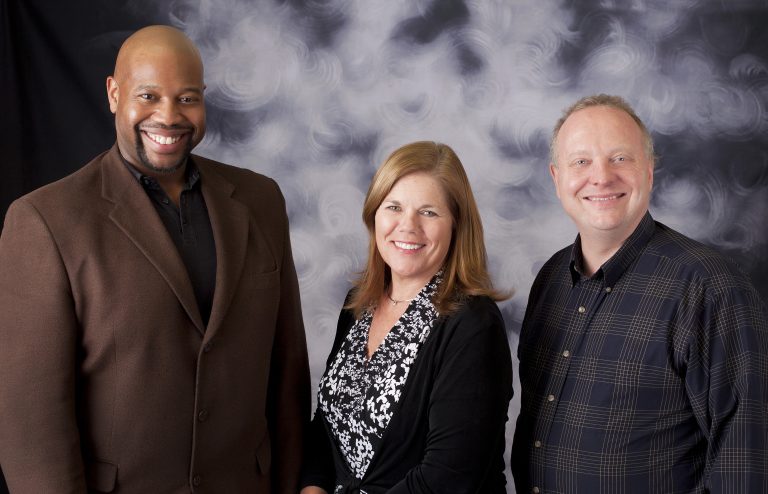Blog

By Dr. Aaron Ellington, PhD, LPCC-S, LICDC-CS
Autism Spectrum Disorder (ASD) is a neurodevelopmental condition that affects how a person communicates, interacts socially, and processes information. Because autism is a spectrum, each individual experiences it differently, with a range of strengths and challenges.
Treatment and support for individuals with autism are most effective when they are personalized, evidence-based, and responsive to changing needs over time. This blog explores how autism treatment can look in both childhood and adulthood.
Autism Treatment in Children
Early diagnosis and intervention can significantly improve developmental outcomes in children with autism. While autism cannot be “cured,” evidence-based therapies help children develop communication, social, academic, and daily living skills.
1. Applied Behavior Analysis (ABA)
ABA is one of the most researched and widely used therapies for young children with autism.
- Focuses on reinforcing positive behaviors and reducing challenging ones.
- Often used to teach communication, self-care, and academic skills.
- Can be delivered at home, in clinics, or in schools.
2. Speech and Language Therapy
Helps children develop:
- Verbal and nonverbal communication skills
- Social language, like turn-taking and understanding tone
- Alternative communication methods (e.g., PECS or AAC devices)
3. Occupational Therapy (OT)
Supports sensory integration and daily living tasks:
- Dressing, feeding, handwriting, coordination
- Helps manage sensory sensitivities and build independence
4. Social Skills Training
Often provided in group settings to help children practice:
- Making eye contact
- Starting conversations
- Understanding social cues and emotions
5. Family Education and Support
Parents and caregivers benefit from:
- Training on how to reinforce skills at home
- Support groups and respite care
- Guidance navigating school systems and therapies
Autism Treatment in Adults
Autism does not end at childhood, and many adults, especially those diagnosed later in life, seek tools to support daily functioning, relationships, and well-being.
1. Cognitive Behavioral Therapy (CBT)
Helps address anxiety, depression, or stress often experienced by autistic adults.
- Focuses on understanding emotions and improving coping strategies
- Can be adapted to accommodate differences in communication or processing
2. Vocational Training and Employment Support
Programs may include:
- Job coaching and skills training
- Workplace accommodations and transition planning
- Support in navigating interviews and building confidence
3. Independent Living Skills
Life skills coaching supports:
- Time and money management
- Meal planning and transportation
- Apartment or roommate management
4. Social and Peer Support
- Adult social groups or autism communities provide connection and shared experiences
- Relationship counseling can support dating, marriage, or navigating friendships
A Personalized Approach Matters
There is no one-size-fits-all treatment for autism. Every individual has unique strengths, needs, and goals. A well-rounded treatment plan may involve multiple providers—speech therapists, occupational therapists, psychologists, and educators—working together with the individual and their family.
Final Thoughts
Whether diagnosed in early childhood or adulthood, individuals with autism deserve support that helps them live fulfilling, self-directed lives. With the right tools and understanding, people with autism can thrive in school, the workplace, relationships, and the community. Behavioral Health Services of Greater Cleveland offers comprehensive autism evaluations for children, teens, and adults. Our team is here to guide you with sensitivity, expertise, and respect. Contact us today to learn more or schedule a consultation. Behavioral Health Services of Greater Cleveland has two locations: Rocky River and Medina. Please call (866) 466-9591 ext. 0 for an intake.
Related Posts
Founded in 2008, BHSOGC has delivered professional Psychology Services to the greater Cleveland area with offices in Medina and Rocky River. We are a multi-disciplinary group practice with a clinical staff of psychologists, licensed social workers and masters level therapists.




